Dyslexia articles from across Nature Portfolio
Dyslexia is a disorder characterized by an impaired ability to comprehend written and printed words or phrases despite intact vision. It can be developmental or acquired, but in either case it interferes with academic achievement or with activities of daily living that require reading skills.
Latest Research and Reviews
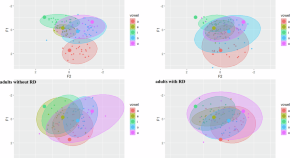
Abnormal brain activation during speech perception and production in children and adults with reading difficulty
- Yang Fu
- Xiaohui Yan
- Fan Cao
Research Open Access 24 Aug 2024 npj Science of Learning
Volume: 9, P: 53
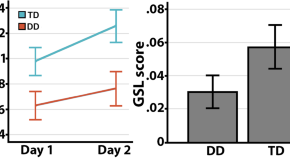
Exploring brain plasticity in developmental dyslexia through implicit sequence learning
- Gaia Olivo
- Jonas Persson
- Martina Hedenius
Research Open Access 27 May 2024 npj Science of Learning
Volume: 9, P: 37
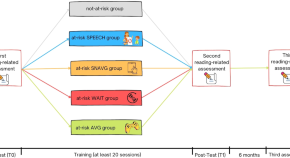
Action video games normalise the phonemic awareness in pre-readers at risk for developmental dyslexia
- Sara Bertoni
- Chiara Andreola
- Andrea Facoetti
Research Open Access 21 Mar 2024 npj Science of Learning
Volume: 9, P: 25
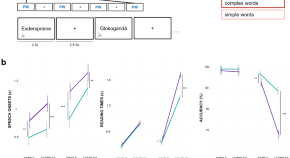
Disrupted network interactions serve as a neural marker of dyslexia
Functional connectivity analyses demonstrate that individuals with dyslexia process written stimuli via a dorsal decoding route and show stronger reading-related interaction with the right cerebellum, while also providing evidence for aberrant task-related connectivity as a neural marker for dyslexia that directly impacts behavioural performance.
- Sabrina Turker
- Philipp Kuhnke
- Gesa Hartwigsen
Research Open Access 03 Nov 2023 Communications Biology
Volume: 6, P: 1114
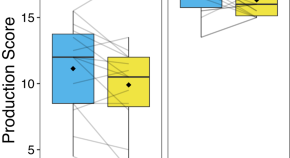
Regular rhythmic primes improve sentence repetition in children with developmental language disorder
- Anna Fiveash
- Enikő Ladányi
- Barbara Tillmann
Research Open Access 10 Jul 2023 npj Science of Learning
Volume: 8, P: 23
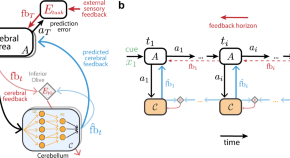
Cerebro-cerebellar networks facilitate learning through feedback decoupling
Behavioral feedback is critical for learning, but it is often not available. Here, the authors introduce a deep learning model in which the cerebellum provides the cerebrum with feedback predictions, thereby facilitating learning, reducing dysmetria, and making several experimental predictions.
- Ellen Boven
- Joseph Pemberton
- Rui Ponte Costa
Research Open Access 04 Jan 2023 Nature Communications
Volume: 14, P: 51
News and Comment
Reforming learning disorder diagnosis following COVID-19 educational disruption
Current diagnostic criteria for learning disorders are insufficient because of ongoing COVID-19-related educational disruption. Diagnostic criteria for learning disorders should be modified to reduce the risk of misdiagnosis and ensure timely intervention.
- Mary K. Colvin
- Jennifer Reesman
- Tannahill Glen
Comments & Opinion 07 Apr 2022 Nature Reviews Psychology
Volume: 1, P: 251-252
Visual attention deficits in developmental dyslexia cannot be ascribed solely to poor reading experience
- Muriel Lobier
- Sylviane Valdois
Correspondence 20 Mar 2015 Nature Reviews Neuroscience
Volume: 16, P: 225
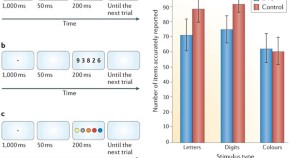
Visual attention span deficits and assessing causality in developmental dyslexia
Correspondence 20 Mar 2015 Nature Reviews Neuroscience
Volume: 16, P: 225-226
Auditory thalamus is dysfunctional in dyslexia








